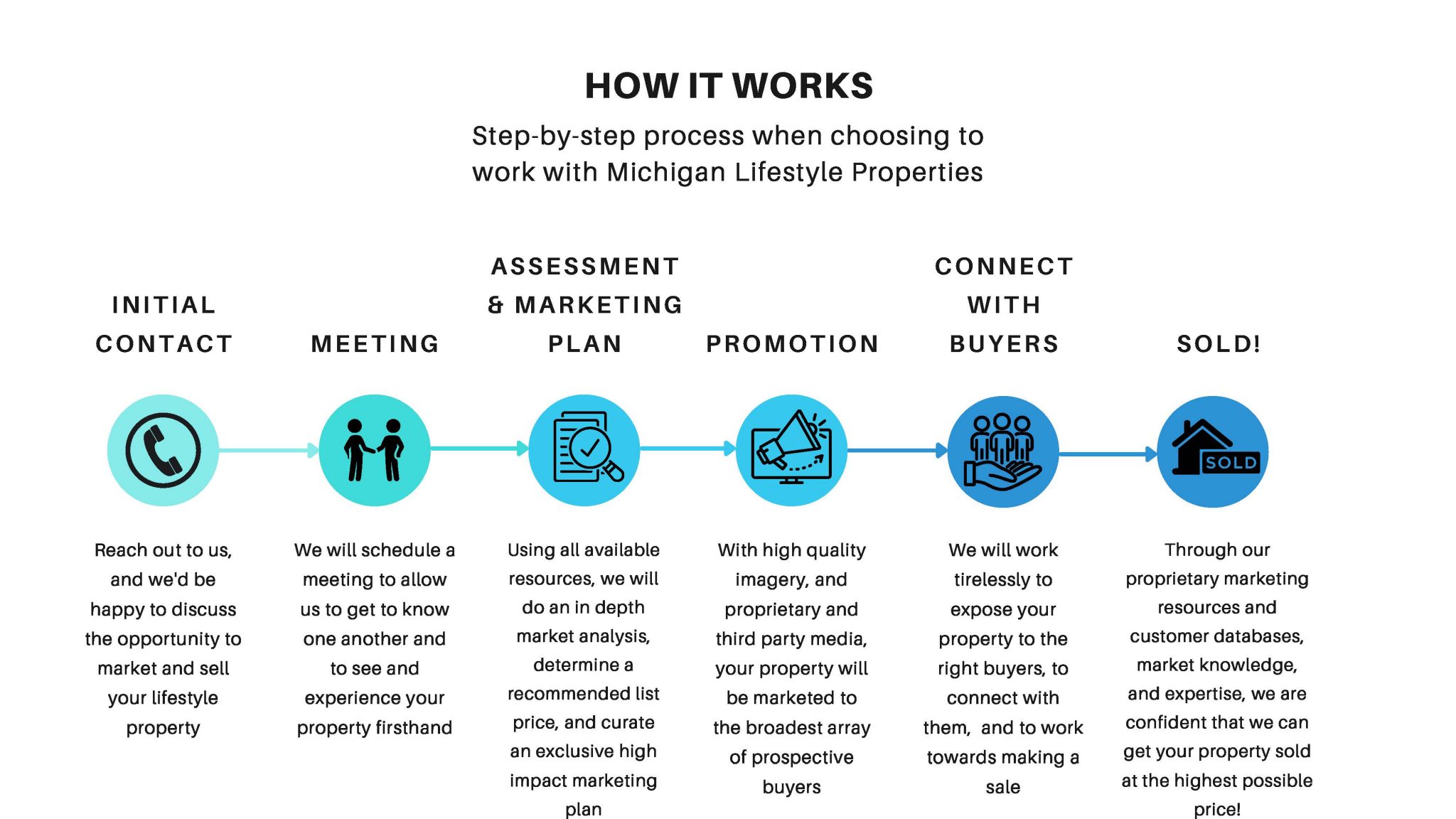The Facts About The Pros and Cons of Different Listing Types: Exclusive, Open, or Pocket Listings Revealed

The Pros and Cons of Different Listing Types: Exclusive, Open, or Pocket Lists
When it comes to offering a residential property, there are many options for listing styles that a dealer can choose coming from. The three very most common list types are exclusive directories, available directories, and pocket directories. Each of these directory styles has its very own pros and disadvantages that homeowners must be conscious of just before helping make a selection. In this post, we will certainly discover the perks and drawbacks of each listing kind.
Exclusive Lists:
Special listings are arrangements between the homeowner and one particular true estate representative or brokerage firm. With an exclusive list, the homeowner concedes to operate solely along with one representative or brokerage to market and sell their building. This implies that the residential or commercial property will definitely simply be publicized by the decided on representative or brokerage firm.
Pros:
- Individualized attention: By working exclusively along with one broker or brokerage, dealers may help from dedicated focus and personalized marketing strategies modified exclusively to their building.
- Concentrated marketing efforts: Unique lists allow agents to focus their marketing initiatives only on one property, boosting the possibilities of finding potential purchasers quickly.
- Command over provings: Dealers possess more command over who visits their property since all showings are teamed up via their picked agent.
Drawbacks:
- Limited direct exposure: With an exclusive listing, the home is just marketed through one broker or brokerage. This limited direct exposure may minimize the variety of prospective customers who see the directory.
- Longer time on market: Due to limited exposure, exclusive lists might take much longer to offer matched up to other listing types.
- Much higher compensation expenses: Since homeowners function solely along with one representative or stock broker, they might need to pay higher commission fees.
Available Lists:
Open lists enable a number of representatives coming from different stock brokers to industry a residential or commercial property at the same time. Homeowners can enter into in to agreements with numerous agents without committing exclusively to any single one. Each broker has actually the flexibility to market and show the home as they view in shape.
Pros:
- Larger direct exposure: Open lists help from the mixed marketing initiatives of a number of representatives, leading in boosted exposure and prospective buyer grasp.
- Reasonable prices: Multiple representatives working on an available directory may compete to secure a buyer, likely leading to extra competitive deal and better rates for the dealer.
- Flexibility: Vendors have the liberty to function with various brokers all at once and may decide on the agent they experience is most ideal suited for their demands.

Drawbacks:
- Lack of control: With open listings, there may be a absence of control between multiple representatives. This can lead to organizing problems and potential miscommunication.
- Watered down interest: Since available directories are not exclusive to one agent or brokerage, the property's marketing initiatives might be spread out slim all over various channels, likely minimizing the performance of marketing campaigns.
- Difficulty in tracking progress: With various representatives entailed in an available listing, dealers may find it challenging to keep keep track of of each representative's tasks and improvement.
Wallet Directories:
Wallet directories are residential properties that are not publicly advertised or noted on Multiple Listing Services (MLS). Rather, these listings are always kept "in the wallet" of a real real estate broker who shares them privately with their network.
Pros:
- Singularity: Wallet listings supply a sense of singularity since they are not commonly on call to the overall public. This singularity can easily bring in determined buyers who really want access to special chances.
- Privacy and prudence: Pocket directories enable homeowners to sustain privacy by restricting gain access to merely to curious buyers within their trusted system. This may be helpful for high-profile dealers or those finding privacy.
- Possibility for faster sales: Since pocket directories are not commonly publicized, motivated buyers who have minimal choices might act swiftly when provided with an opportunity. This may lead in faster sales.
Disadvantages:
- Limited exposure: The principal drawback of pocket directories is their minimal direct exposure. Through maintaining a residential property off MLS and public advertising and marketing platforms, homeowners miss out on out on reaching a larger pool of prospective customers.
- Lessened competitors: Without social exposure, pocket directories might not attract several deal, likely leading to less competitive pricing for the dealer.
- Capacity for biased promotion: With a smaller sized pool of shoppers, dealers might receive far fewer deal generally and have limited choices for bargaining terms.
In final thought, each listing kind - unique, available, or wallet listings - has actually its personal collection of pros and cons. Sellers should very carefully look at their goals, residential property features, and individual tastes before choosing on the most suitable listing type. 放盤注意事項 is recommended to consult along with a actual property expert who can easily offer direction based on nearby market disorders and specific circumstances.
